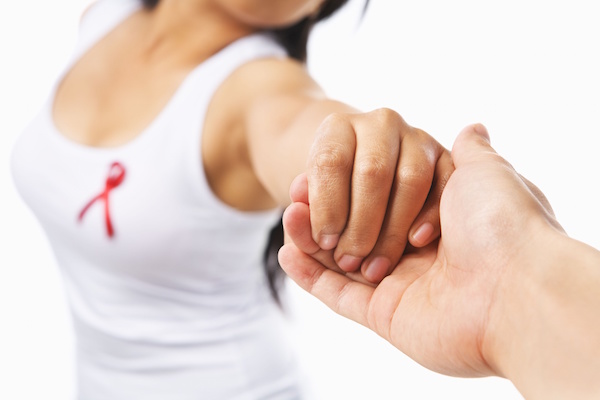
TUESDAY, Dec. 22 (HealthDay News) — New research links a carcinogen known as aristolochic acid, which is found in some Chinese herbal products, including guan mu-tong, to a higher risk of urinary tract cancer.
The findings were reported online Dec. 21 in the Journal of the National Cancer Institute.
The study involved 4,594 people in Taiwan who had just been diagnosed with urinary tract cancer, as well as a random sample of 174,701 people from the country.
The cancer rate was higher among those who had been prescribed more than 60 grams of mu-tong (which the researchers said might have had guan mu-tong in it) and among people who had consumed an estimated 150 milligrams or more of aristolochic acid.
“In addition to a ban on products that contain any amount of aristolochic acid, we also recommend continued surveillance of herbs or Chinese herbal products that might be adulterated with aristolochic-acid-containing herbs,” the researchers wrote. “Finally, patients with a history of aristolochic acid nephropathy or consumption of mu-tong or fangchi before they were banned should be monitored regularly for urinary cancer.”
Many countries, including Taiwan, have banned products, including botanicals, that contain aristolochic acid, according to a news release from the journal’s publisher.
The researchers acknowledged that their finding came with caveats — including that participants in the study might have taken other herbs that were not prescribed and that the analysis did not take smoking into account.
More information
The U.S. Food and Drug Administration has more on aristolochic acid.

